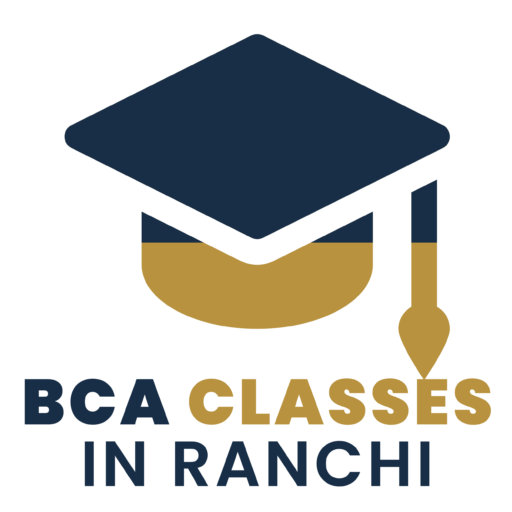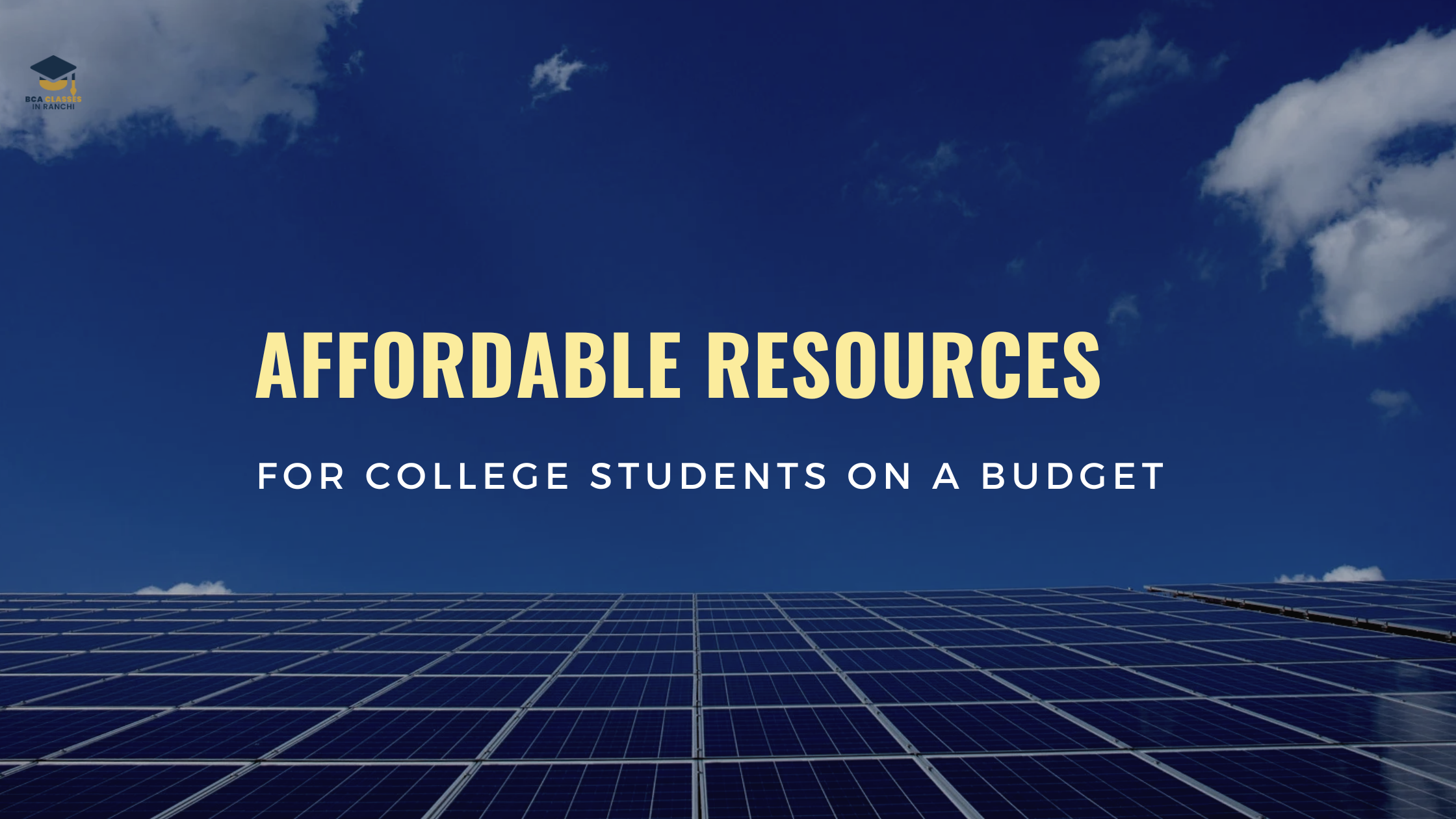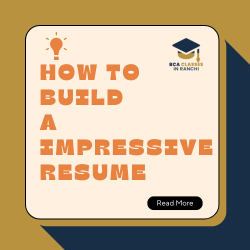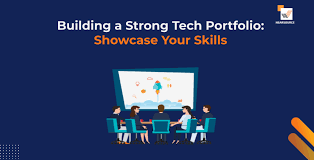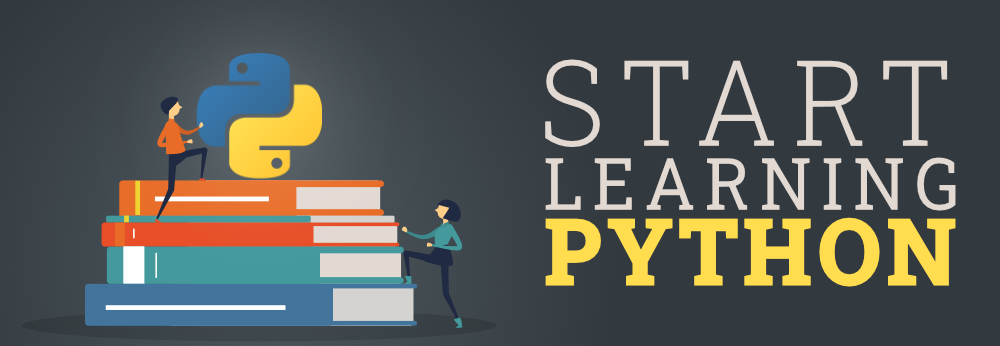Introduction
Learning doesn’t have to be expensive. There are plenty of free and low-cost resources available that can help you learn new skills, improve your knowledge, and succeed in your studies or career. As a student, you don’t need to break the bank to get high-quality education. With the right approach and resources, you can access amazing learning tools for free or at a low cost. Here are some effective learning hacks to help you get started.
1. Use Free Online Courses
Many platforms offer high-quality courses for free or at a very low cost. Websites like Coursera, edX, and Udemy provide access to a wide range of courses on different subjects. Some courses are completely free, while others may charge for certifications.
- Coursera: Offers free courses from universities like Stanford and Yale. You can learn anything from computer science to humanities.
- edX: Another great platform offering free courses from top universities and institutions around the world.
- Udemy: Many courses on Udemy are low-cost, and sometimes there are discounts or promotions. You can also find free introductory courses.
These platforms make it easy to learn new skills at your own pace, all from the comfort of your home.
2. Join Online Communities and Forums
Online communities are great places to learn and connect with others who share similar interests. Whether it’s coding, graphic design, or even business skills, there are online communities where you can ask questions, share ideas, and find resources.
- Reddit: Subreddits like r/learnprogramming, r/learnpython, and r/academia provide great discussions and helpful resources.
- Stack Overflow: If you’re into programming, this site is a goldmine of information. It’s a place where developers ask and answer questions.
- Quora: A platform where people share their knowledge on various topics, ranging from career advice to science, technology, and much more.
By participating in these communities, you can learn from experts and get answers to your questions without spending a penny.
3. Access Free Ebooks and PDFs
Ebooks and PDFs are an excellent resource for learning without spending money. There are many websites where you can download free textbooks, guides, and study materials.
- Project Gutenberg: Offers over 60,000 free ebooks, mostly classic literature. It’s a great place for reading and expanding your knowledge.
- Google Books: Some books on Google Books are free, especially older ones that are in the public domain.
- Library Genesis: An unofficial website with a massive collection of academic papers and textbooks across various fields.
Using these resources can help you access materials for your studies or personal development without any cost.
4. Take Advantage of YouTube Tutorials
YouTube is not just for entertainment; it’s also an amazing platform for learning. There are thousands of educational channels that offer tutorials and lessons on almost every topic imaginable.
- Khan Academy: Provides educational videos on subjects like math, history, economics, and more.
- CrashCourse: Offers quick and engaging video lessons on science, literature, and history.
- Programming with Mosh: Perfect for learning programming languages like Python, JavaScript, and more.
The best part is that all of these tutorials are free, and you can watch them at any time.
5. Use Open Educational Resources (OER)
Open Educational Resources (OER) are teaching materials that are free to use and share. These include textbooks, videos, quizzes, and more. Many universities and institutions make their course materials available for free online.
- OER Commons: A great platform that offers free access to various teaching and learning resources, including lesson plans and activities.
- MIT OpenCourseWare: Offers free access to course materials from MIT. You can access lecture notes, assignments, and exams from various subjects.
These resources can give you access to high-quality educational content without the need for expensive textbooks.

6. Use Flashcards and Study Apps
Flashcards are a powerful tool for memorization and learning new concepts. Many apps provide free flashcards or allow you to create your own. They are especially helpful for subjects like languages, medical terminology, or exam preparation.
- Anki: A popular flashcard app that helps with spaced repetition. You can download decks or create your own.
- Quizlet: Offers a wide range of flashcards, quizzes, and study guides created by other users. You can also create your own flashcards.
- Brainscape: An app that uses scientific techniques to help improve your memory retention with flashcards.
Using these apps helps you retain information better, and they’re usually available for free or at a low cost.
7. Take Advantage of Free Trials and Discounts
Many paid learning platforms offer free trials or discounts for students. You can take advantage of these offers to access premium content for a limited time at no cost or a low price.
- LinkedIn Learning: Offers a free 1-month trial, which gives you access to thousands of courses on business, tech, and creative skills.
- Skillshare: Has a 7-day free trial that provides access to thousands of creative courses, from design to photography.
By signing up for these free trials, you can learn new skills without spending a lot of money.
8. Listen to Podcasts
Podcasts are a fantastic way to learn on the go. Whether you’re commuting, exercising, or doing chores, you can listen to podcasts and expand your knowledge. There are podcasts on virtually every subject, including business, technology, education, and more.
- The Tim Ferriss Show: Interviews with successful entrepreneurs and experts about business, productivity, and life lessons.
- The EdSurge Podcast: Discusses the latest in education technology and how it’s shaping the future of learning.
- How I Built This: Features stories from entrepreneurs about how they built successful companies.
Podcasts are free, and they offer valuable insights from experts in various fields.
9. Leverage Free Software for Learning
There are many free software tools that can help you learn, whether it’s for coding, graphic design, or project management. Here are a few free tools that can help you gain hands-on experience:
- Visual Studio Code: A free code editor for web development, app building, and programming.
- GIMP: A free image editor that’s similar to Photoshop.
- Trello: A project management tool that’s useful for organizing tasks and learning how to manage projects effectively.
Using free software allows you to practice new skills without the need for expensive programs.
10. Join Study Groups and Peer Learning
One of the best ways to learn is with others. Join study groups or find peers who are learning the same subjects as you. Working together can help you understand difficult concepts and motivate you to study harder.
- Discord Study Groups: Many online communities on Discord offer study groups where you can discuss subjects and share resources.
- Facebook Groups: Join groups related to your course or field of interest, and connect with others who can help.
Learning with others can provide support, different perspectives, and shared resources, which makes studying more effective.
Conclusion
Learning doesn’t have to be expensive. With the right strategies, you can take advantage of free and low-cost resources to improve your skills and knowledge. Whether it’s through online courses, apps, or podcasts, there are many ways to access quality education for free or at a low cost. By using these hacks, you can learn more effectively and advance your career without spending a fortune.
Read Our Other Blog
How to Build an Impressive Resume as a BCA or B.Tech Student
For More Information and Updates, Connect With Us
Name Abhishek
Phone Number: +91-7488456170
Email ID: abhishek@eepl.me
Our Platforms:
Digilearn Cloud
EEPL Test
Live Emancipation
Follow Us on Social Media:
Instagram – EEPL Classroom
Facebook – EEPL Classroom
Stay connected and keep learning with EEPL Classroom!
